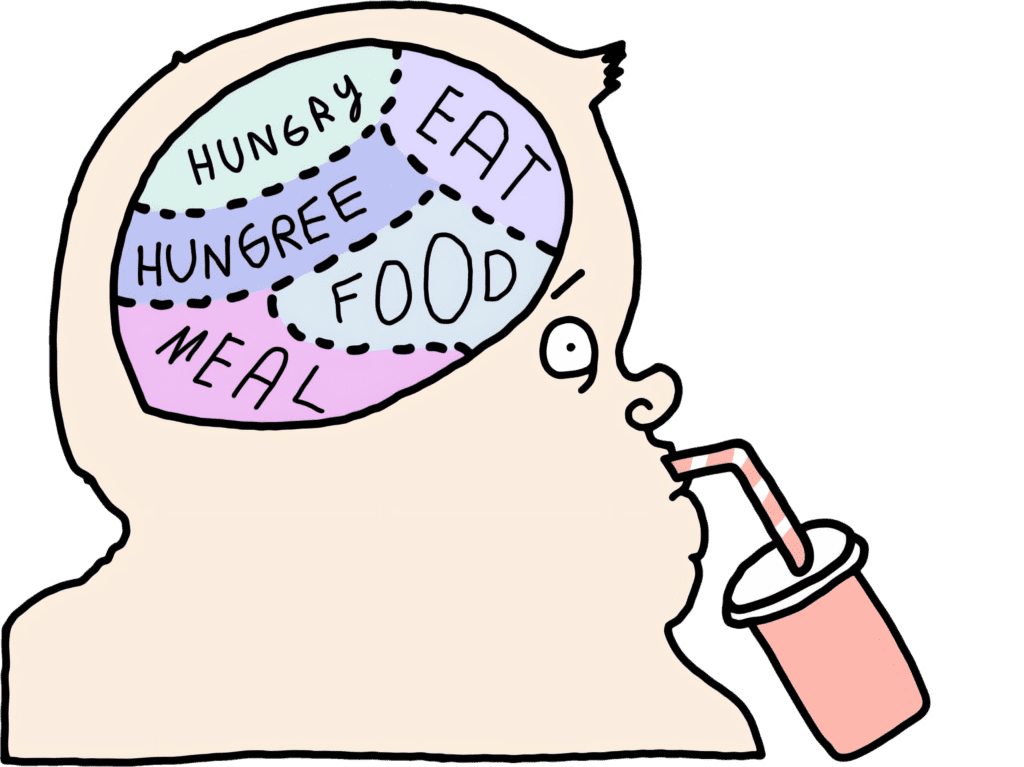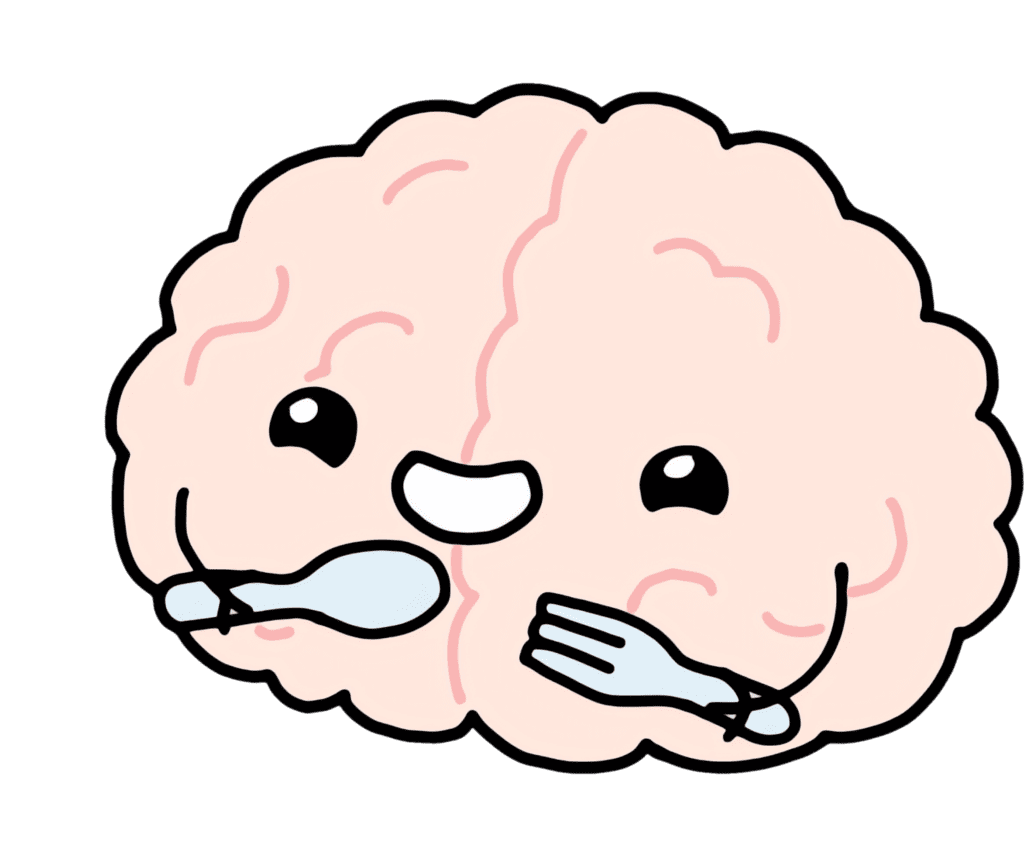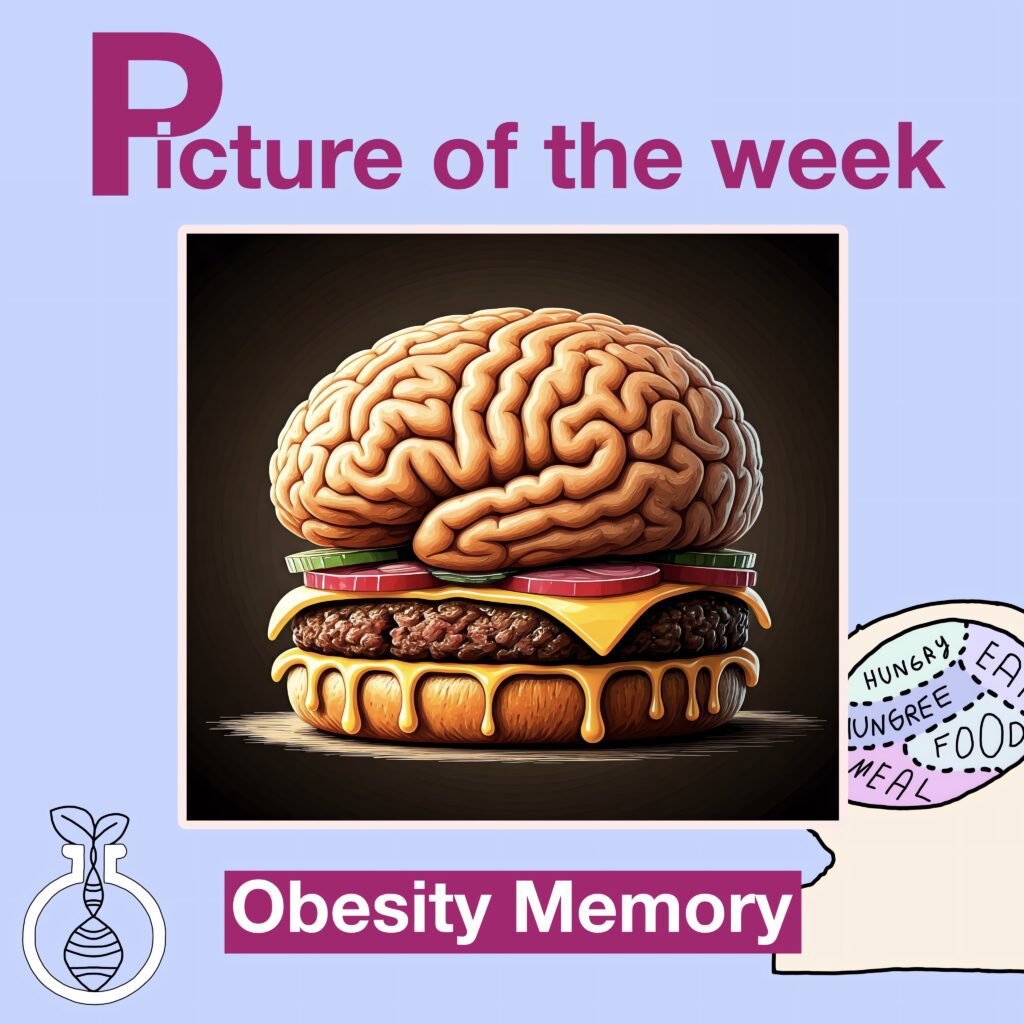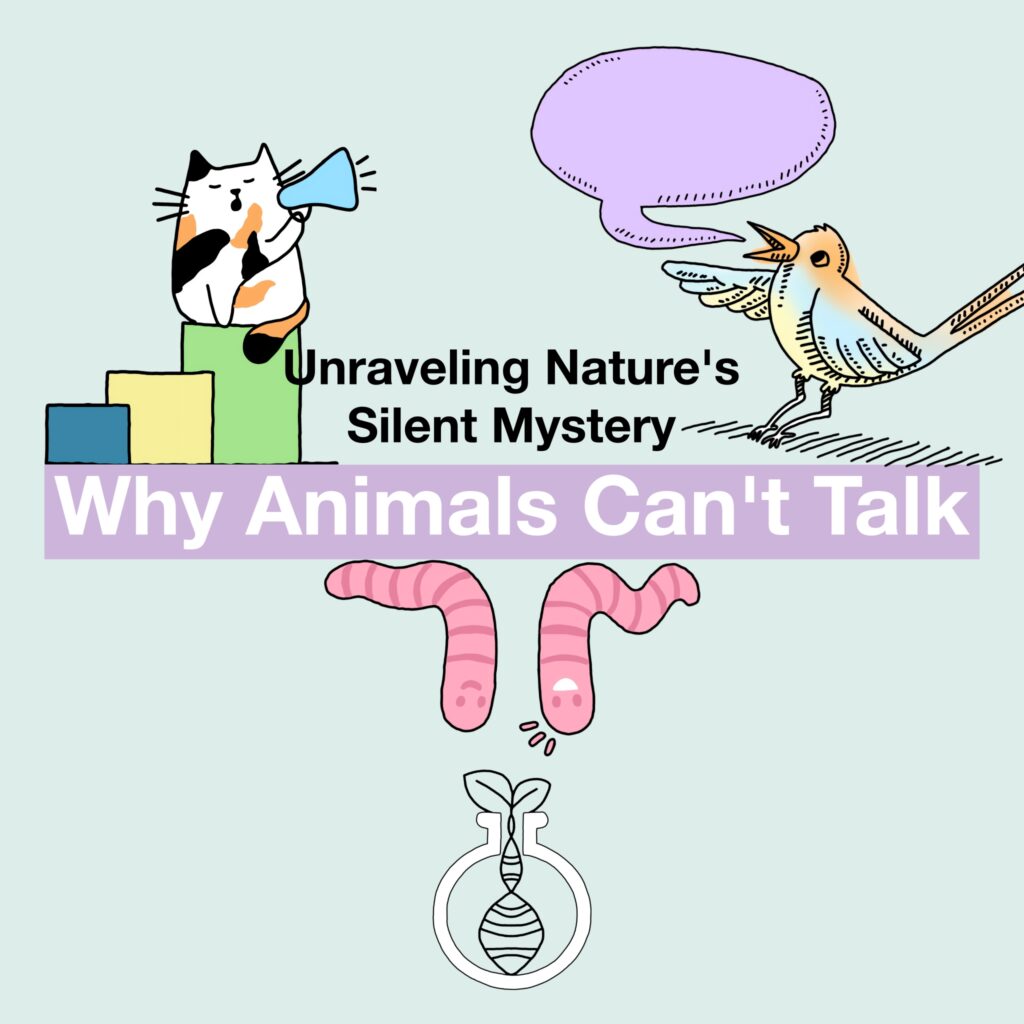Obesity is one of the most serious health problems of modern times. However, maintaining weight loss is just as challenging as losing weight. Many individuals regain their weight after weight loss, a cycle that often points to a biological mechanism beyond dietary habits. Recent research reveals that adipose tissue may carry an “epigenetic memory” of obesity. This phenomenon plays a critical role in understanding why individuals are prone to regaining weight after weight loss.

Research Questions
This study aims to address the following questions regarding obesity and weight loss:
- Does adipose tissue carry an epigenetic memory of obesity?
- How does this memory affect metabolic health?
- Can epigenetic changes be reversed?
Methods and Experimental Design
The research was conducted using both human and mouse models. In humans, adipose tissue samples were collected from individuals undergoing bariatric surgery (BaS) both before and after weight loss. In mice, obesity was induced through a high-fat diet, followed by a switch to a low-fat diet to achieve weight loss. The following methods were employed:
- Single-nucleus RNA sequencing (snRNA-seq): Cellular subpopulations and transcriptional changes in adipose tissue were analyzed.
- Epigenetic Analysis: Epigenetic changes such as DNA methylation and histone modifications were assessed.

Research Findings
Transcriptional Memory
The study shows that transcriptional changes in adipose tissue during obesity persist even after weight loss. For example, the expression of metabolic genes such as IGF1, LPIN1, and IDH1 remains altered after weight loss, reflecting changes that originated during obesity.
Epigenetic Memory
Analysis in mice revealed that DNA methylation changes and histone modifications in adipocytes (fat cells) during obesity are preserved after weight loss. This epigenetic memory disrupts metabolic function and increases the propensity for weight regain.
Cellular Response
In mouse models, adipose tissues rapidly expanded and accumulated fat when reintroduced to a high-fat diet following weight loss. This suggests that cellular memory reprograms metabolism to align with an obesogenic state.
Human Studies
Similar findings were observed in adipose tissue samples from humans. Epigenetic changes acquired during obesity persisted after weight loss, highlighting the biological challenges in maintaining weight loss.
Discussion
The study reveals that even after weight loss, adipose tissue retains an epigenetic memory of obesity, adversely affecting individuals’ metabolic health. These epigenetic changes alter adipocyte function, including energy storage and response to metabolic stimuli, thereby facilitating weight regain.
It is recommended that epigenetic targets be considered in combating post-weight-loss obesity. Developing pharmacological or dietary strategies to mitigate the effects of this memory is crucial.
You can read our full article on Epigenetic Memory to learn more about its mechanisms!

Conclusion and Future Perspectives
This study demonstrates that the epigenetic memory formed in adipose tissue during obesity persists after weight loss, increasing individuals’ susceptibility to weight regain. It highlights the need for therapeutic strategies that target epigenetic regulation.
- Develop treatments aimed at reversing epigenetic memory.
- Investigate the interaction of adipose tissue’s epigenetic memory with other metabolic organs.
- Conduct long-term human studies to explore the impact of epigenetic changes after weight loss.
Fighting obesity is not just about losing weight. This study shows that adipose tissue retains a biological memory of obesity, with long-term effects on metabolic health. Strategies targeting epigenetic mechanisms could open a new chapter in obesity treatment.
We got inspired by those articles to create this content


Hello! I am Melis Esma Demirbilek, a 3rd year student at Biruni University, Department of Molecular Biology and Genetics. My passion for scientific research and curiosity about biology led me to both academic and social projects. I am currently working as a writer on the Biologyto page, producing current and interesting content about biology. My future goal is to create both academic and social benefit by contributing to scientific studies.





